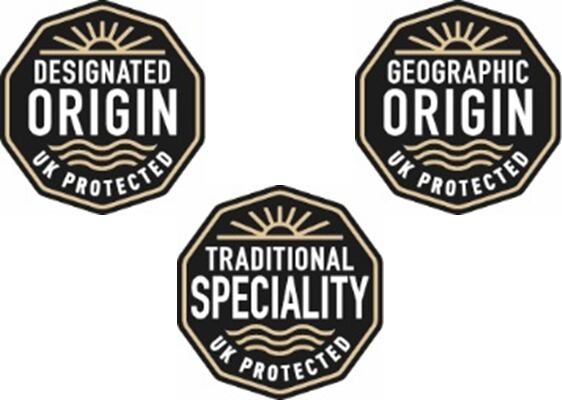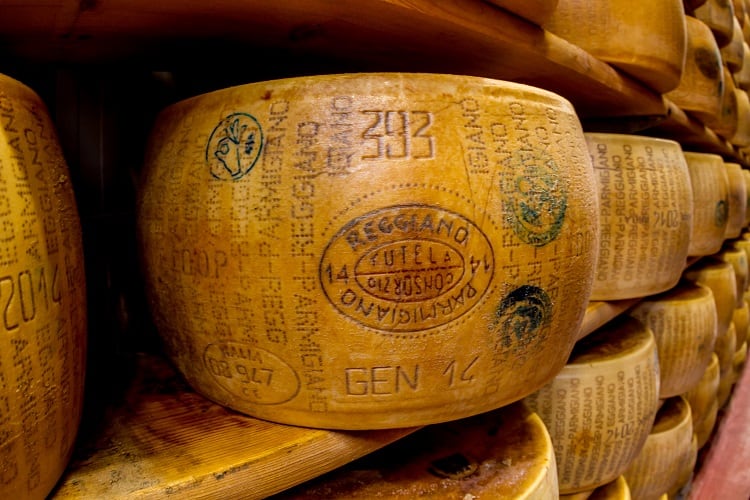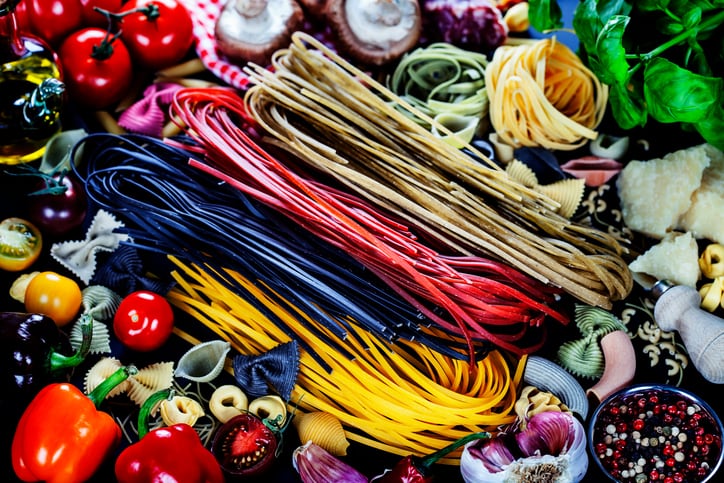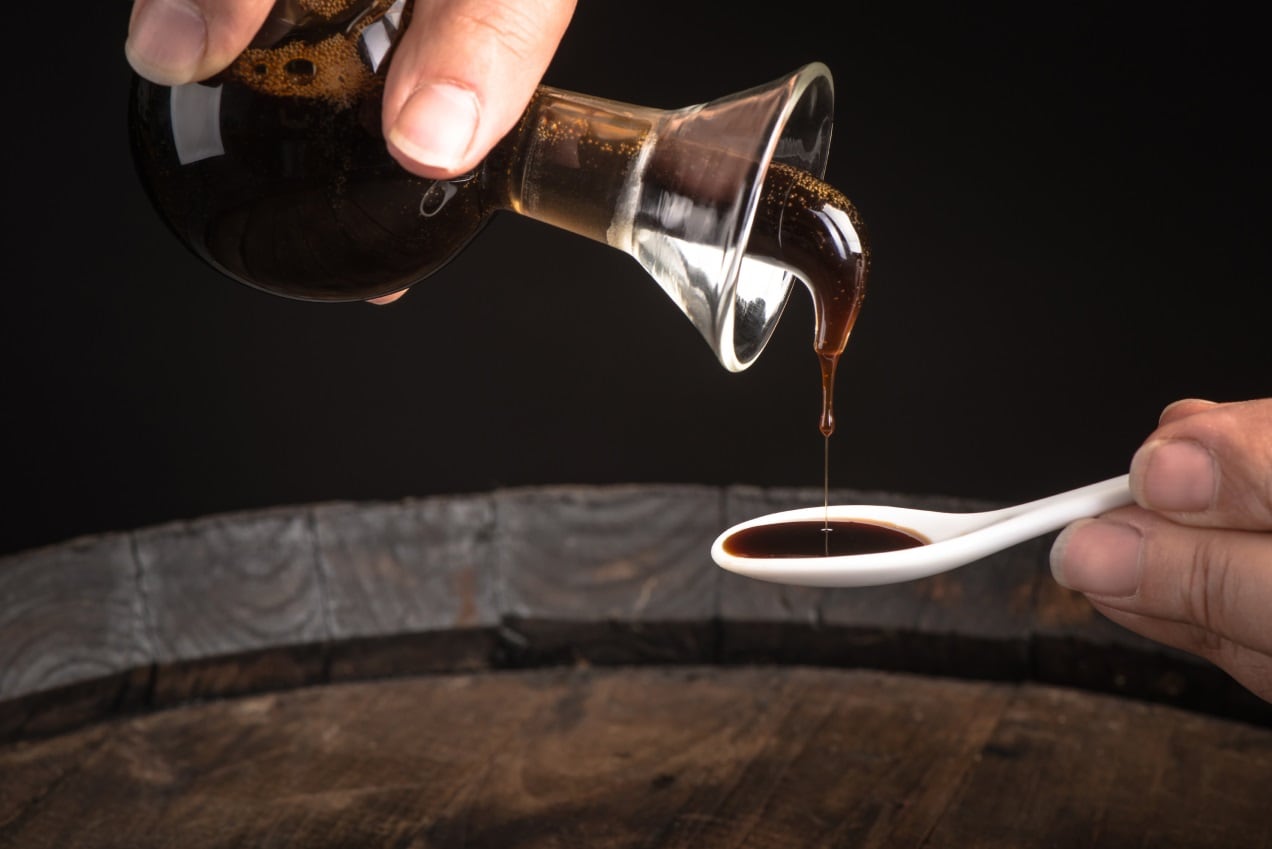The UK officially withdrew from the European Union in January 2020, and the ensuing 11-month transition period is due to end 31 December.
Given this deadline is less than three months away, food and beverage makers with Geographical Indication (GI) protected products may well be wondering: what does this mean for my business come 1 January 2021?
What are Geographical Indications?
In the European Union, quality schemes are designed to protect the names of specific agri-food and alcohol products across the bloc.
Agri-food products and wine are protected as Protected Designation of Origin (PDO) and Protected Geographical Indication (PGI). Spirit drinks are protected as Geographical Indications (GI). Some of the best known include Kalamata olives from Greece, Parmigiano Reggiano from Italy, and Champagne from France.
These schemes promote the products’ unique characteristics, which are associated with their geographical origin, as well as the ‘know-how’ ingrained in that specific region.
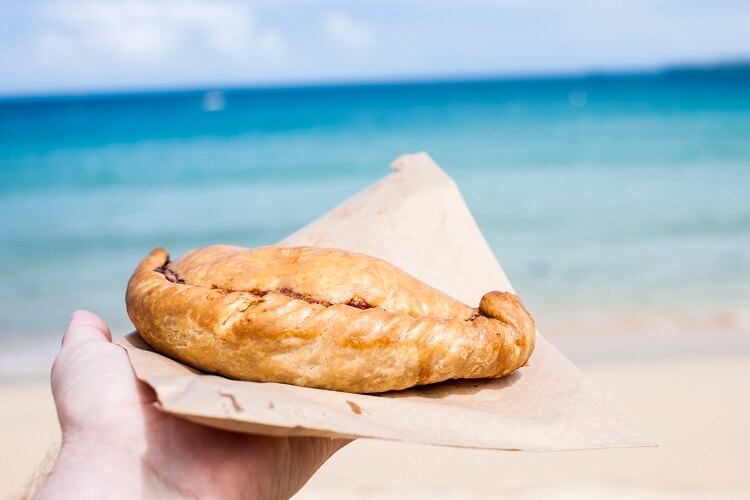
Makers of products registered in these schemes can often demand a significantly higher price tag. Indeed, according to a recent EU study, GI and Traditional Specialities Guaranteed (TSG) products – the latter emphasises a product’s traditional aspects without being associated with a specific geographical area – account for close to €75bn in revenue.
UK sets up its own GI schemes
As the UK will prepares for the end of the transition period, it is setting up its own GI schemes to protect the geographical names of food, drink and alcohol products (including beer, cider and perry), spirit drinks, wine, and aromatised wine.
The UK’s Department for Environment, Food & Rural Affairs (Defra) has been charged with managing the UK schemes, maintaining the registers of protected product names, and processing new applications.
Specifically, the UK schemes – which will be open to producers from the UK and other countries – will use three designations: Protected Designation of Origin (PDO), Protected Geographical Indication (PGI), and Traditional Specialty Guaranteed (TSG).
Defra has confirmed that all existing UK products registered under the EU’s GI schemes by the end of the transition period will remain protected under the UK GI schemes.
Further, registered GIs that can be produced anywhere on the island of Ireland will continue to be fully protected in both the UK and the EU. These include three alcoholic products: Irish Whiskey, Irish Cream, and Irish Poteen.
What does this mean for food makers?
In guidance published this week (13 October), Defra noted that from 1 January, producers will need to apply to either the relevant UK scheme to protect a new product name in Great Britain (GB), or the relevant EU scheme to protect a new product name in Northern Ireland (NI) and the EU.
The government department highlighted that GB producers will need to secure protection under the UK schemes before applying to the EU schemes. NI producers do not need to secure protection under the EU schemes before applying the UK schemes, Defra continued, adding that it will publish further guidance on this at the end of the transition period.
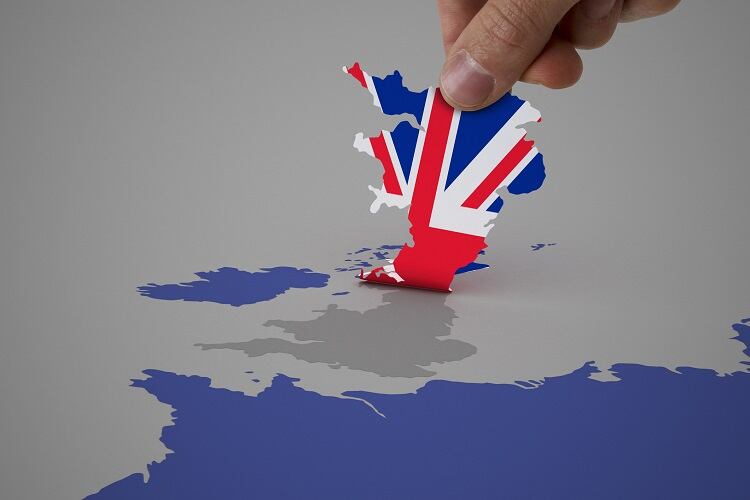
The UK’s departure from the EU will, of course, have consequences for the packaging and marketing materials of GI products. Notably, producers or retailers of GI products produced and for sale in GB, and registered before 1 January 2021, will have until 1 January 2024 to change packaging and marketing materials to display the new UK GI logos.
However, producers or retailers of GI products produced and for sale in GB and registered from 1 January 2021, must use the relevant UK logo as soon as the product is registered.
Concerning producers of food and agricultural GI products in NI, Defra stated that it will be mandatory to continue to use the EU logos when the product is on sale in NI if the product is registered under the EU GI schemes, and option to use the new UK GI logos if the product is registered under the UK GI schemes.
“The logos will remain optional for producers of wine and spirit GIs,” noted Defra. “GI products that are protected in the EU can continue to use the EU logo in the UK after the transition period.”
Finally, the government department confirmed that all UK GIs registered under the EU GI schemes by the end of the transition period should continue to receive protection in the EU.


